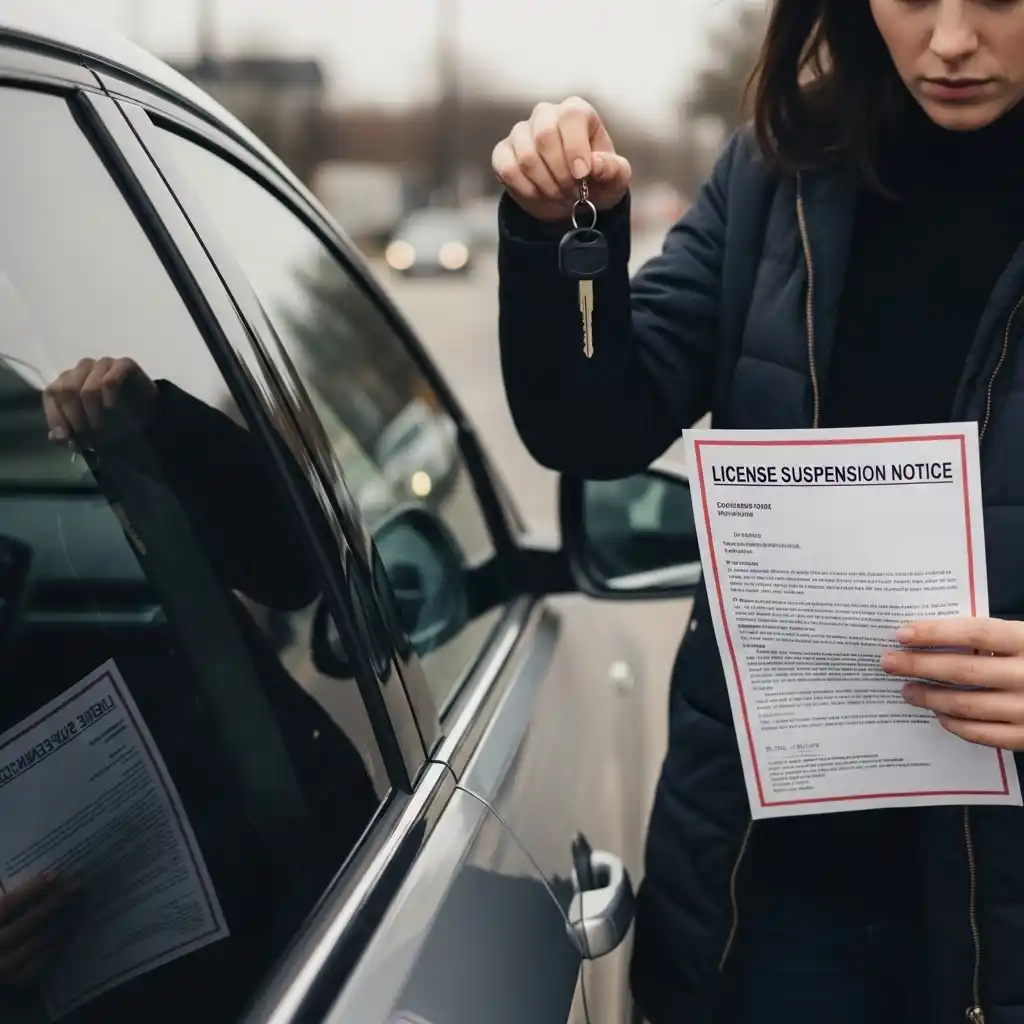
If you are arrested for driving under the influence (DUI) in California, your license will be suspended by the Department of Motor Vehicles (DMV) as well. The duration of the license suspension period is determined based on the number of prior DUI convictions. It is important to understand the DMV laws regarding license suspensions, as well as to know your rights and options to avoid or reduce the suspension period. In this article, we will discuss the license suspension durations for each DUI offense in California.
After being arrested for DUI, the police officer will usually take your driver's license and provide you with a temporary license. The DMV will automatically suspend your license after 30 days from the date of the arrest unless you request a DMV hearing within ten days of the arrest. This hearing is an opportunity for you or your DUI lawyer to present evidence and arguments to challenge the suspension. If you win the hearing, your license will not be suspended, or the suspension period will be reduced. If you lose the hearing, your license will be suspended for the duration determined by the DMV.
First-time DUI offense:
If you are convicted of a first-time DUI offense in California, your license will be suspended for six months. However, if you request a DMV hearing and win, you can avoid the suspension altogether. Alternatively, you may be eligible for a restricted license that allows you to drive to and from work or school, and to attend DUI-related programs, after serving a 30-day hard suspension period.
Second-time DUI offense:
If you are convicted of a second-time DUI offense within ten years of the previous offense, your license will be suspended for two years. However, if you request a DMV hearing and win, you can avoid or reduce the suspension period. Alternatively, you may be eligible for a restricted license after serving a one-year hard suspension period.
Third-time DUI offense:
If you are convicted of a third-time DUI offense within ten years of the previous offenses, your license will be suspended for three years. However, if you request a DMV hearing and win, you can avoid or reduce the suspension period. Alternatively, you may be eligible for a restricted license after serving an 18-month hard suspension period.
Fourth-time or more DUI offense:
If you are convicted of a fourth time or more DUI offenses within ten years of the previous offenses, your license will be suspended for four years. If you are deemed a habitual traffic offender, your license may be suspended for up to three years. However, if you request a DMV hearing and win, you can avoid or reduce the suspension period. Alternatively, you may be eligible for a restricted license after serving a two-year hard suspension period.
If you refuse to take a chemical test (breath, blood, or urine) after being arrested for DUI, your license will be suspended for one year for a first-time offense, two years for a second offense, and three years for a third or subsequent offense. You may be eligible for a restricted license after serving a hard suspension period of three, 12, or 24 months, respectively.
If you are facing a license suspension after a DUI arrest, it is important to know your rights and options. Requesting a DMV hearing and hiring an experienced DUI lawyer or criminal defense attorney can increase your chances of avoiding or reducing the suspension period. Remember, the license suspension durations are longer for each DUI offense, so it is crucial to avoid getting multiple DUI convictions.